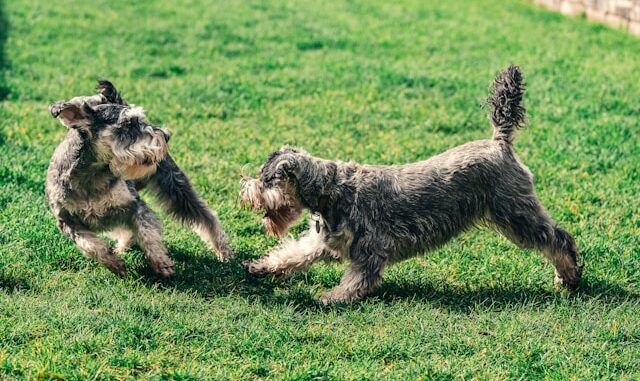
The Dog Owners’ Liability Act (DOLA) in Ontario serves as a legal safeguard for victims of dog attacks. While “bite” often comes to mind, the DOLA extends its reach beyond puncture wounds. This article explores how the Ontario legal system treats injuries resulting from dog attacks that go beyond bites, including scratches, knockdowns, and even emotional distress.
The Scope of “Attack” under the DOLA
The DOLA focuses on the concept of an “attack” rather than solely defining liability based on a bite. Courts have interpreted this term broadly to encompass situations where a dog’s actions cause injury, regardless of the severity or whether the skin is broken.
Scratches and Knockdowns: When Playful Turns Painful
Imagine a seemingly playful encounter where a large dog jumps up on a child, knocking them down and causing scrapes. Even though the dog didn’t bite, the DOLA likely applies. Scratches caused by a dog’s claws can be significant and warrant compensation under the Act. Similarly, a forceful knock down by a large dog can result in serious injuries like broken bones or sprains.
Intention vs. Outcome: The Focus is on Harm
The DOLA doesn’t consider the dog’s intention. Even if the dog’s actions were playful, the resulting injuries fall under the scope of an attack. For instance, a dog excitedly jumping on a senior citizen to greet them could cause a fall and broken hip, despite the dog’s friendly intentions.
Emotional Distress: The Hidden Cost of Dog Attacks
The DOLA acknowledges the emotional impact of dog attacks. Witnessing a dog attack, experiencing fear during an encounter, or suffering from post-traumatic stress disorder (PTSD) after an attack can all be considered compensable damages under the DOLA.
Building a Case for Non-Bite Injuries: The Importance of Evidence
While the DOLA recognizes non-bite injuries, building a strong case requires evidence. Here’s what can help:
- Witness Testimony: Statements from bystanders who witnessed the attack and can corroborate the events are crucial.
- Medical Records: Documentation of injuries sustained, including medical reports and treatment costs, strengthens your claim.
- Photographs: Photographic evidence of the injuries, including scrapes, bruises, or other physical manifestations of the attack, is valuable.
Navigating the Legal Process: Seeking Compensation for Non-Bite Injuries
If you’ve been injured in a dog attack beyond a bite, here are some steps to consider:
- Consult a Lawyer: A personal injury lawyer experienced in dog attack cases can advise you on the legal options and navigate the complexities of the DOLA.
- Gather Evidence: Collect witness statements, medical records, and any other documentation related to the attack.
- File a Claim: Your lawyer will guide you through filing a claim with the dog owner’s insurance company or pursuing legal action.
Understanding the Nuances: What Doesn’t Qualify as an Attack
The DOLA focuses on situations where a dog’s actions cause injury or harm. Here are some instances that might not qualify:
- Minor Contact without Injury: If a dog brushes against someone without causing any injuries, it wouldn’t be considered an attack under the DOLA.
- Pre-existing Injuries: If an existing injury is aggravated during a dog encounter but wasn’t directly caused by the dog’s actions, a DOLA claim might be less clear-cut.
Sharing Public Spaces Responsibly: Dog Owners and the DOLA
Knowing how the DOLA treats non-bite injuries highlights the importance of responsible dog ownership:
- Proper Leashing and Control: Keeping your dog leashed in public spaces prevents them from unexpectedly jumping on or knocking down others.
- Training for Good Behavior: Obedience training equips your dog with the skills to navigate public spaces calmly and respond to commands effectively.
- Understanding Your Dog’s Body Language: Learning to recognize your dog’s signals can prevent situations where excitement or anxiety might escalate into an unwanted interaction.
Promoting Safety and Empathy: The DOLA’s Role in Preventing Attacks
By recognizing injuries beyond bites, the DOLA encourages dog owners to be mindful of the potential consequences of their dog’s actions. This awareness fosters a safer environment for everyone and promotes responsible pet ownership.
Conclusion: Beyond the Bite, The DOLA Recognizes the Spectrum of Harm
Dog attacks come in various forms, not just bites. The DOLA, in its interpretation of “attack,” ensures that victims of dog-related injuries, including scratches, knockdowns, and emotional distress, have legal recourse for the harm
